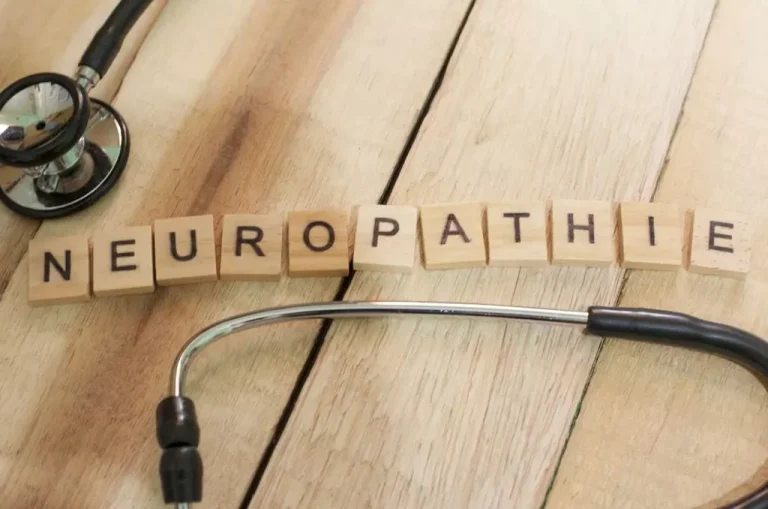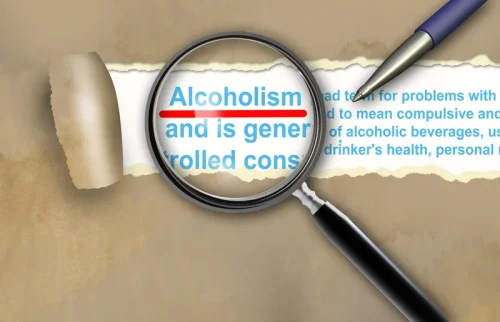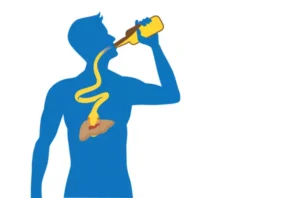
This is when a seizure lasts longer than 5 minutes, and is a medical emergency. We publish material that is researched, cited, edited and reviewed by licensed medical professionals. The information we provide is not intended to be a substitute for professional medical advice, diagnosis or treatment. It should not be used in place of the advice of your physician or other qualified healthcare providers. Benzodiazepines are also central nervous system depressants that work in the brain the same way as alcohol. They can ease many alcohol withdrawal symptoms, allowing your body to adjust slowly.
Epilepsy and Alcohol Consumption
But severe or complicated alcohol withdrawal can result in lengthy hospital stays and even time in the intensive care unit (ICU). Severe and complicated alcohol withdrawal requires treatment in a hospital — sometimes in the ICU. While receiving treatment, healthcare providers will want to monitor you continuously to make sure you don’t develop life-threatening complications. Alcohol withdrawal causes a range of symptoms when a person with alcohol use disorder stops or significantly decreases their alcohol intake. The symptoms can range from mild to severe, with the most severe being life-threatening.
What Causes Alcohol Withdrawal Symptoms?

Due to its stigma, talking about heavy alcohol use can be difficult, but it’s important to be open and honest with your doctor. With early treatment and prevention, the chance of death from delirium tremens is rare. Like hallucinations, they often appear within 24 hours after your last drink. The most common barbiturate for alcohol withdrawal is phenobarbital. Alcohol withdrawal seizures are usually generalized tonic–clonic seizures that involve both sides of the brain, although partial seizures involving only one part of the brain can also occur. This may include medications, therapy, or both and can be offered in a variety of settings, both inpatient, outpatient, or a hybrid model.
Alcohol and Seizures
- Drinking alcohol in small amounts generally does not trigger seizures, but seizures can result from alcohol withdrawal.
- The syndrome is due to overactivity of the central and autonomic nervous systems, leading to tremors, insomnia, nausea and vomiting, hallucinations, anxiety, and agitation.
- Many symptoms may arise during the course of alcohol withdrawal, including high blood pressure, insomnia, and tremors.
- The IC external cortex is believed to amplify and propagate neuronal activity originating in the IC central nucleus.
- Some evidence suggests that the IC plays a role in alcohol withdrawal seizures in humans, as it does in rodents.
If your symptoms are mild (or perhaps even moderate), your doctor may suggest that you reach out to a friend or family member to help you monitor your symptoms at home. AWS can evolve in a few hours or a few days but often develops between 6 to 24 hours after your last drink. Once you stop drinking, though, the sudden change may come as a shock to your brain, which altered some of its chemistry to make up for the alcohol’s presence. Delirium tremens (DT) is the most severe form of AWS and occurs in 5% of people with AWS. You may also receive other medications or treatments for related health issues, like IV fluids for dehydration and electrolyte imbalances or antinausea medicines if you experience vomiting.

Delirium tremens and seizures
The main concern over the development of delirium tremens during alcohol withdrawal is the threat of mortality that comes with it. Delirium tremens is estimated to come with a 35% risk of death if you go through it without treatment. Your body is adaptable, and your are alcohol withdrawal seizures dangerous brain chemistry will adjust to alcohol’s presence over time. Since alcohol causes inhibitory effects on your brain, your brain may produce fewer of its own inhibitory effects. It may also increase excitatory effects in an attempt to balance brain chemistry.
Alcohol withdrawal is widespread among people with alcohol use disorders who decide to stop drinking or reduce their intake. Ethanol is the primary alcohol that’s ingested by people with alcohol use disorder. It produces euphoria and other effects at low blood concentrations. It’s also a central nervous system depressant, and your body may become more reliant on ethanol the longer it’s exposed to it.
- Clear Life Recovery offers alcohol detox for Costa Mesa and beyond.
- Alcohol withdrawal delirium (AWD) is the most serious form of alcohol withdrawal.
- People with moderate-to-severe alcohol use disorder often begin with a medical detox program.
- In contrast to epileptic seizures, alcohol withdrawal seizures originate in brainstem systems and involve unique cellular and molecular mechanisms.
- Withdrawal is something that happens when your body has become dependent on the presence of drugs or alcohol.
Drink in Moderation and Avoid Binge Drinking
Whether other agents used in the treatment of alcohol withdrawal have antiepileptogenic potential remains to be determined. Chronic alcohol abuse is linked to an increased risk of epilepsy (seizure disorder). The sooner you seek professional treatment and get sober, the better your chances of avoiding these serious health complications.

Severe Symptoms

These may still be mild, or the existing symptoms might increase in severity. If you or someone you know shows signs of delirium tremens, go to the emergency room immediately. Alcohol withdrawal symptoms range from mild but annoying to severe and life-threatening. If your symptoms are more severe, you may need to stay in the hospital.
How long after you quit drinking may you experience a seizure?
- Medical detox is highly intensive inpatient treatment with medically managed services.
- Alcohol withdrawal happens when your body is dependent on alcohol and you either stop drinking or greatly reduce your alcohol intake.
- Once withdrawal is complete, additional medications and supplements may be needed to address complications and nutritional deficiencies that occur because of chronic alcohol use.
- Symptoms that you may experience in this stage include confusion, anxiety, irritability, and headache.
- If you experience severe symptoms of alcohol withdrawal, like seizures, you will most likely require hospitalization.
We offer a combination of proven therapies and services to meet your individual needs. We are also equipped to treat co-occurring disorders such as depression, anxiety disorders, PTSD and others. Addiction can make it even harder to stop using alcohol, and it often involves or leads to chemical dependence. Additionally, if a seizure cannot be stopped or multiple seizures occur in rapid succession, it could result in permanent injury or prove fatal. This section answers some frequently asked questions about alcohol and seizures. Use of this website and any information contained herein is governed by the Healthgrades User Agreement.
Do not mix anti-seizure medication and alcohol without first speaking to a physician. From there, you may continue in residential or outpatient addiction treatment, depending on your needs. Addiction treatment often involves cognitive behavioral therapy (CBT), family therapy, group and individual therapies, and therapies to address co-occurring mental health issues.








